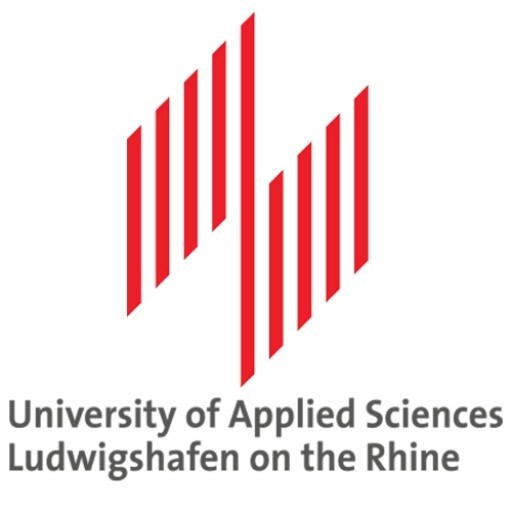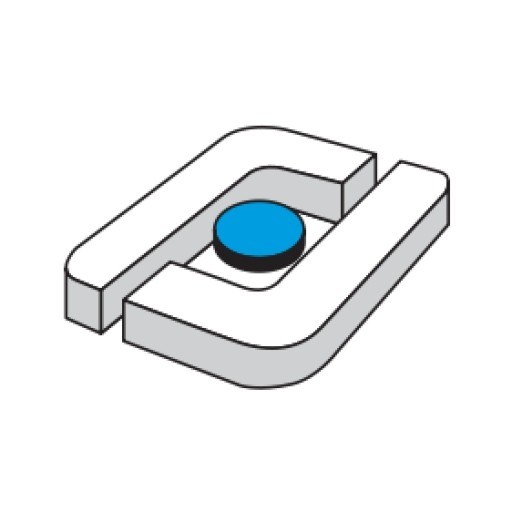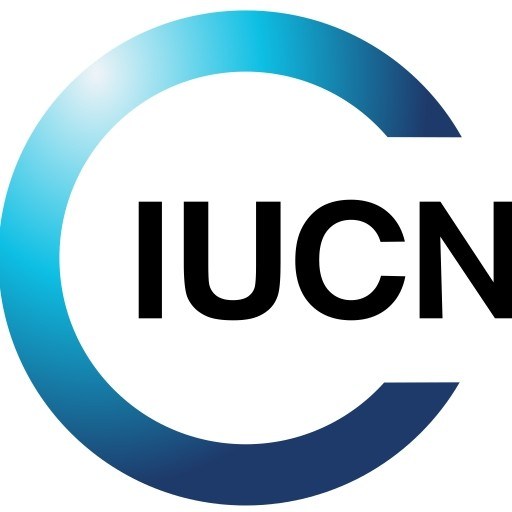The International Management and Consulting program at Ludwigshafen University of Applied Sciences offers a comprehensive and interdisciplinary education designed to prepare students for diverse careers in the global business environment. This Bachelor's degree program combines theoretical foundations with practical applications, emphasizing management skills, strategic thinking, and consulting expertise. Throughout the course of study, students gain in-depth knowledge of international business operations, logistics, and supply chain management, enabling them to navigate the complexities of operating across borders and cultures. The curriculum covers core areas such as organizational management, marketing, finance, and economics, alongside specialized modules in consulting methodologies, digital transformation, and sustainable business practices.
Students benefit from a variety of teaching methods, including lectures, case studies, group projects, and internships, which foster teamwork, problem-solving skills, and real-world experience. The program also encourages intercultural competence and communication skills essential for successful international management. Collaboration with companies and industry partners provides students with valuable networking opportunities and insights into current business challenges. Upon graduation, students are well-equipped to pursue careers in management consulting, logistics and supply chain management, international business development, or further academic research. The program’s strong international orientation and applicability prepare graduates to thrive in dynamic, multicultural environments and adapt to the evolving demands of global markets. Overall, the International Management and Consulting program at Ludwigshafen University of Applied Sciences aims to develop responsible, innovative, and solution-oriented professionals ready to shape the future of international business.
Educational organisation
Distance learning course integrated into the profession, based on three core elements:- Flexible, independent studies using online textbooks and learning materials
- Learning together via the online platform OpenOLAT, and
- Residential teaching phases with methods of active and reflection-promoting teaching, such as case studies, exercises in a Digital Factory, presentations, group work, etc.
The studies are designed as a time- and mostly location-independent blended learning concept and are suitable for employees from around the world who would like to acquire further qualifications without interrupting their career. The teaching contents are mostly provided electronically in the form of texts. The latest trends and insights can thus be integrated and updated at all times.
Study abroad unit(s)
NoneInternships
The study programme does not include an internship, since the students are all professionals. One benefit of this praxis-oriented distance learning programme is that students can implement their new knowledge in their daily work from the beginning of their studies in order to improve their efficiency. A further advantage is that students gain interesting insights into logistics solutions implemented in the companies of the other students.Forms of assessment
The residential teaching phases cover some modules or module subjects. In the first step, there is a lesson or learning phase, soon followed by the examination of the corresponding module - as a written exam, oral exam, presentation of a student paper, or term paper in the English language. Thus, a comprehensive final exam at the end of the studies is not necessary.The Master's thesis is usually written in the fourth semester. Students may suggest the subject. From the time the subject is assigned, the student has up to six months of support time for the Master's thesis. The thesis is between 70 and 120 pages in length, in a specified layout. At the end of the studies, a 30-minute colloquium will be held, in which each student will orally defend his or her thesis. This can be done virtually on request.
Course objectives
The objective of the programme is to help you obtain- a greater understanding of the various areas within logistics for professional conceptual competences
- a refinement of your skills in the fields of management and consulting to help you decide, negotiate, and act on a leading level and
- preparation for individuals in leading or senior management positions to make innovative and efficient decisions
Graduates of this international programme are in high demand as executives or project managers in a variety of fields in industry and trade as well as in services and consulting.
The compact, hands-on curriculum allows future graduates to acquire the relevant strategies, techniques, and skills they need for their respective jobs. This degree qualifies them to gain access to positions in the higher civil service and/or for doctoral degree programmes.
Language requirements
Applicants must provide documentary proof of English language skills equal to at least level C1 (CEFR) or equivalent (e. g., IELTS 7.0 and higher, CAE, BEC higher, TOEFL iBT 110 - 119, and other known tests).Applicants do not need to provide any proof of German skills.
Academic requirements
(a) Postgraduates (with academic degree of 210 ECTS credit points)1. academic degree with a grade of at least 2.5 (according to the German grading system, equivalent to a "good" or lower second)
2. work experience (at least one year) after the first academic degree in the fields of business administration, technology or IT, respectively, and at least a further year before completing this MBA degree
3. documentary proof of English language skills equal to at least level C1 (CEFR) or equivalent (e. g., IELTS 7.0 and higher, CAE, BEC higher, TOEFL iBT 110 - 119)
4. students with a grade lower than 2.5 (according to the German grading system) must take an admission test (normally feasible in your country and online)
5. students with an academic degree of only 180 ECTS credit points have to take a compulsory extra module (Specific Management Skills, additional fee: 500 EUR)
(b) Students without an academic degree
1. university entrance qualification (equivalent to the German Hochschulzugangsberechtigung)
2. certificate of employment which proves significant executive work experience (at least three years), closely aligned to the study programme in the fields of business administration, technology or IT, respectively, as well as experience abroad
3. admission test (normally feasible in your country and online)
4. documentary proof of English language skills equal to at least level C1 (CEFR) or equivalent (e. g., IELTS 7.0 and higher, CAE, BEC higher, TOEFL iBT 110 - 119)
5. compulsory extra module (Specific Management Skills, additional fee: 500 EUR)
The financing of the Logistics — International Management and Consulting program at Ludwigshafen University of Applied Sciences is structured to ensure accessibility and high-quality education for both domestic and international students. The program offers various options for funding, including state-funded programs, scholarships, and private financing solutions. For German students and residents within the European Union, public funding options such as BAföG (Federal Training Assistance Act) may be available, although eligibility depends on specific criteria including financial need and prior academic achievements. International students are encouraged to explore scholarship opportunities provided by the university, government agencies, or external organizations that support international education. Tuition fees are moderate compared to similar programs in Germany and are typically published by the university on their official website; they include semester fees covering administrative costs and social contributions. Students are advised to budget for additional expenses such as housing, study materials, health insurance, and personal living costs. The university provides guidance on financial planning and offers support in applying for scholarships or student loans if needed. Many students finance their studies through part-time work arrangements, with the university facilitating connections to local job opportunities suitable for students. Furthermore, the program's focus on practical skills and industry internships can enhance employability, enabling students to gain practical experience and potentially earn income during their studies. The university also collaborates with companies and industry partners to provide sponsorships or tailored financial aid packages for outstanding students. Overall, the program's financing options aim to make international management education accessible and flexible, supporting students throughout their academic journey.









